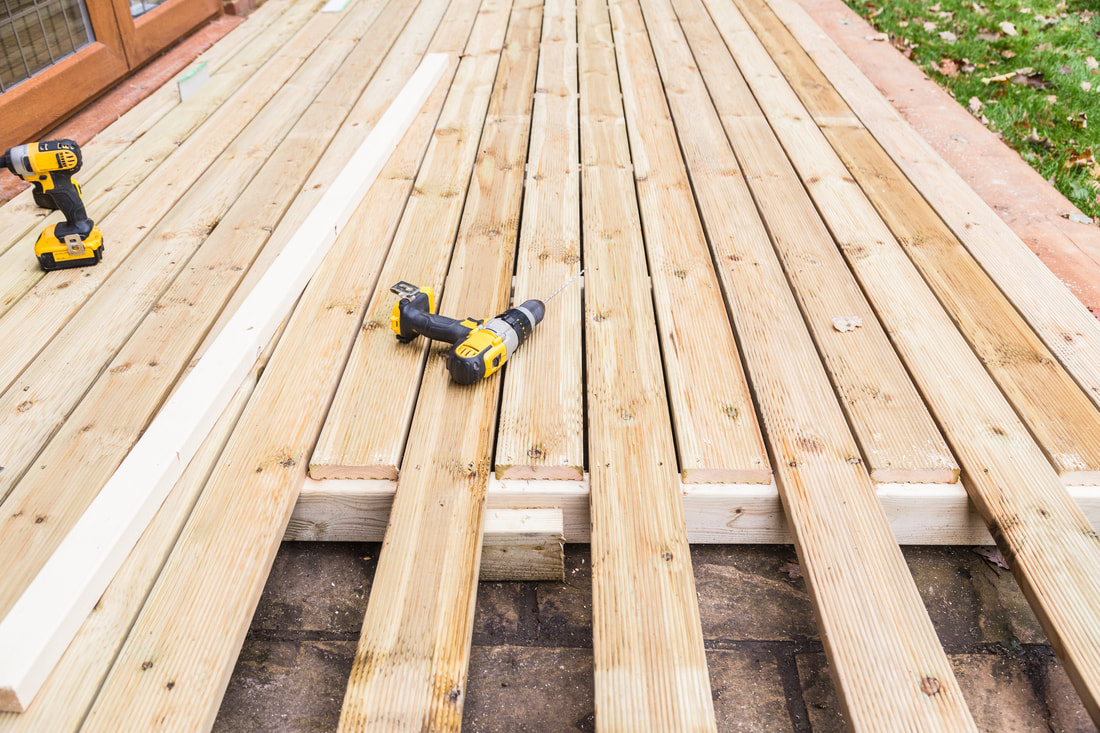The decking and fencing blog
|
Outdoor living spaces serve as fantastic venues for relaxation and entertainment. As such, to help you enjoy your garden to the fullest, this article delves into some frequently asked questions related to decking and fencing, providing first-hand guidance from industry experts.
1. What are the most durable materials for decks and fences? For decks, the choice often rounds down to composite and natural wood. Composite is renowned for its longevity and low maintenance, but wood, particularly types like redwood, cedar, or ipe, is equally durable if maintained properly. When it comes to fences, vinyl, wrought iron, and aluminum tend to offer the best longevity. Though wood, particularly cedar and redwood, can be a durable choice if properly maintained. 2. How should I maintain my deck and fence? For wooden decks, annual washing and periodic sealing are necessary, while composite decks merely require occasional washing. Fences made from wood need occasional repainting or re-staining, but metal or vinyl fences generally only need a quick rinse now and then to remove dirt or debris. 3. Do I need a permit to build a deck or fence? Local laws vary, but generally, you will need a permit for deck projects,especially if your deck is a certain height off the ground or if it will be attached to your home. For fences, permit requirements can depend on the fence’s height and your locality’s regulations. Always check with your local building department. 4. Can decking and fencing be installed any time of the year? Yes, decks and fences can be installed throughout the year, but it's usually easiest during the spring or summer when conditions are warm and dry. Installing in the winter can be more challenging due to freezing temperatures and precipitation, but it is achievable with an experienced professional. 5. How long does it take to install a deck or fence? The length of the project largely depends on the size, complexity, materials needed and the professionals handling the job. A simple deck or fence can be completed in a few days, while more elaborate projects may take several weeks. 6. Should the same material be used for both the deck and fence for design continuity? You certainly can use the same materials for a unified look, but it's not a requirement. Your deck and fence should complement each other, whether they're made from the same material or not. 7. What is the expected lifespan of a deck or a fence? Composite decks can last 25-50 years, while natural wood decks have a lifespan of about 10-30 years, depending on the type of wood and maintenance level. As for fences, you can expect anywhere between 15-20 years for wooden fences, while metal or vinyl fences can last up to 50 years or more. 8. Can I install a deck or fence myself? While many homeowners take on decking and fencing as DIY projects, be warned—it does require a significant level of skill and effort. Errors can cause longer-term issues, as well as increased costs and time. Hiring a professional contractor ensures a job well done both aesthetically and structurally. To wrap up, every decking and fencing project brings its own sets of challenges and considerations. While this article seeks to answer the most frequently asked questions, it would always be beneficial to consult with a professional and get personalized advice depending on your specific situation. Make informed decisions that align with your vision, budget, and long-term satisfaction. Enhance the beauty and functionality of your outdoor space by creating decks and fences that will gleam with brilliance.
0 Comments
Leave a Reply. |
AuthorWe aim to help our customers in every way possible. This blog aims to provide the advice you need about your decking and fencing needs in Plymouth Archives
October 2023
Categories |


 RSS Feed
RSS Feed